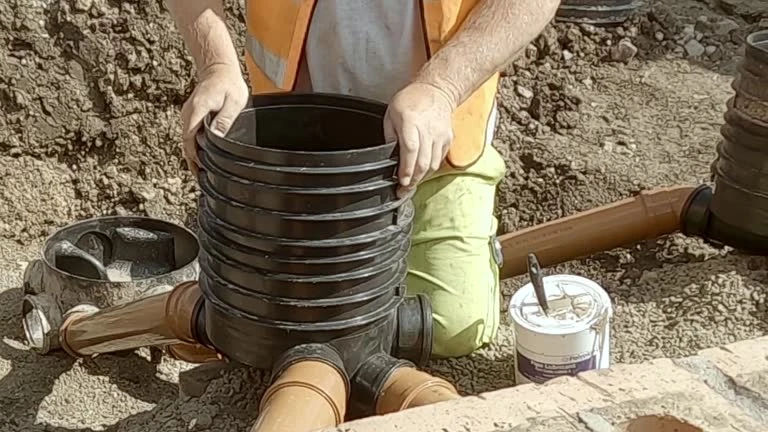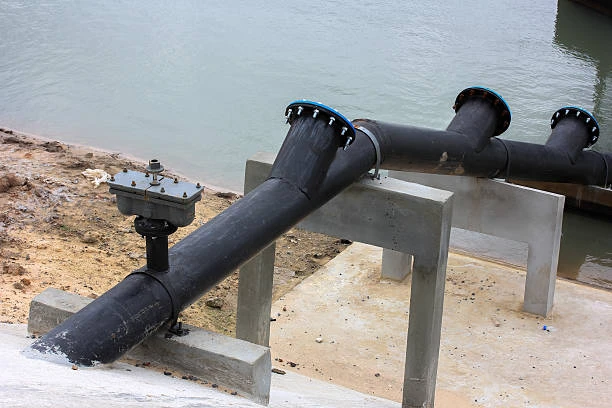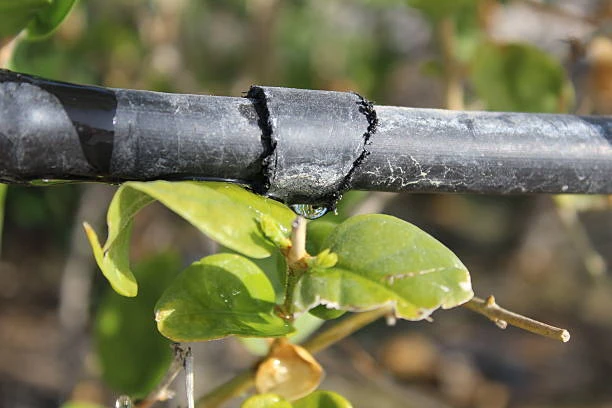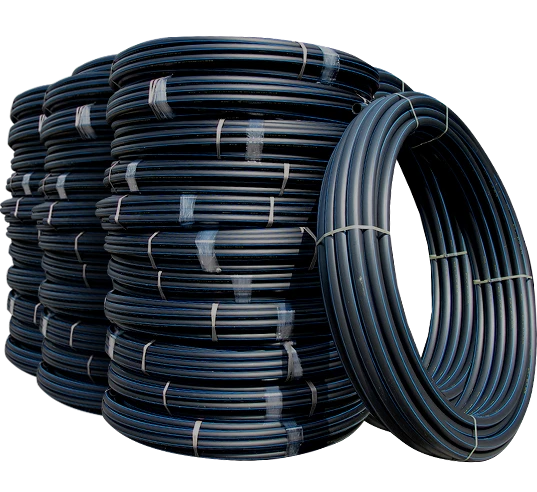Introduction
Water Pipe Lead water pipes have been a significant concern across the United States, and Cincinnati is no exception. These pipes, once commonly used in plumbing systems, pose serious health risks due to lead contamination in drinking water. Understanding the implications of lead water pipes, the associated health risks, and the steps residents can take to ensure their water quality is essential for the well-being of the community. This article will provide comprehensive information about lead water pipes in Cincinnati, focusing on their history, health impacts, testing methods, and remediation options.
The History of Lead Water Pipe
Lead has been used in plumbing for centuries due to its malleability and resistance to corrosion. In Cincinnati, as in many cities, lead pipes were widely installed in homes and public infrastructure until the late 20th century. The Environmental Protection Agency (EPA) banned the use of lead pipes in 1986, but many homes still have these outdated plumbing systems.
Why Were Lead Pipes Used?
- Durability: Lead pipes were favored for their long-lasting nature and ability to withstand various environmental conditions.
- Ease of Installation: The malleability of lead made it easier to work with, allowing for quick and efficient installation.
- Corrosion Resistance: Lead was believed to resist corrosion better than other materials, making it a popular choice for water distribution systems.
Current Status of Lead Water Pipe in Cincinnati
As of recent estimates, thousands of homes in Cincinnati still contain lead pipes or lead solder in their plumbing systems. The city has initiated programs to identify and replace these pipes, but challenges remain due to funding, logistics, and the sheer number of affected properties.
Health Risks Associated with Lead Exposure
Lead is a toxic metal that can have severe health consequences, particularly for vulnerable populations such as children and pregnant women. Understanding the health risks associated with lead exposure is crucial for residents of Cincinnati.
1. Effects on Children
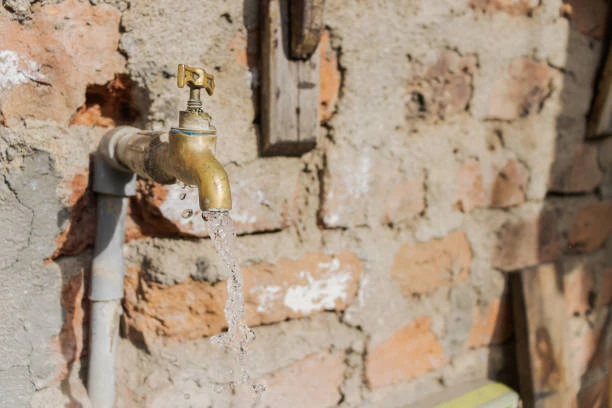
- Developmental Delays: Exposure to lead can result in cognitive impairments and developmental delays in children, affecting their ability to learn and perform academically.
- Behavioral Issues: Children exposed to lead may exhibit behavioral problems, including increased aggression, attention deficits, and hyperactivity.
- Lower IQ: Studies have shown that lead exposure can lower a child’s IQ, impacting their future educational and occupational opportunities.
2. Effects on Adults
- Cardiovascular Problems: Lead exposure in adults is linked to high blood pressure and an increased risk of heart disease.
- Kidney Damage: Long-term exposure to lead can lead to kidney dysfunction and damage.
- Reproductive Issues: Lead exposure can affect reproductive health, potentially leading to complications during pregnancy and developmental issues in infants.
How to Identify Lead Water Pipe
Identifying lead water pipes in your home is the first step in ensuring your drinking water is safe. Here are some tips for homeowners in Cincinnati:
1. Visual Inspection
- Pipe Material: Lead pipes are typically dull gray and can be scratched with a key or coin to reveal a shiny surface. If the pipe is flexible and can be bent easily, it is likely made of lead.
- Solder and Fittings: Check for lead solder used to connect pipes. If the solder appears to be shiny and is less than 20 years old, it may contain lead.
2. Age of the Plumbing
- Homes built before 1986 are more likely to have lead pipes or lead solder. If your home was constructed during this time, it is essential to investigate the plumbing materials used.
3. Contact Local Authorities
- Cincinnati residents can contact the local water utility or health department for assistance in identifying lead pipes. They may provide resources or services to help with inspections.
Testing for Water Pipe Lead in Drinking Water
Testing your drinking water for lead is crucial for determining whether your water supply is safe. Here’s how residents in Cincinnati can test for lead:
1. Obtain a Testing Kit
- Residents can request a lead testing kit from the Cincinnati Water Works or purchase one from a local hardware store. Many testing kits include instructions for collecting samples and sending them to a laboratory.
2. Collect Water Samples
- Collect samples from various taps in your home, especially those that are used for drinking and cooking. Follow the instructions carefully to ensure accurate results.
3. Send Samples for Analysis
- Mail the collected samples to a certified laboratory for analysis. The laboratory will test for lead levels and provide results, typically within a few weeks.
4. Understand the Results
- If lead is detected above the EPA’s action level of 15 parts per billion (ppb), it is essential to take immediate action to reduce exposure.
Remediation Options for Lead Water Pipe
If lead is detected in your water supply, there are several remediation options available for Cincinnati residents:
1. Replace Lead Pipes
- Full Replacement: The most effective way to eliminate lead exposure is to replace lead pipes with safer materials, such as copper or PVC. This process may require hiring a licensed plumber and can be costly, but it is a long-term solution.
2. Use Water Filters
- Certified Filters: Installing a water filter certified to remove lead can help reduce lead levels in drinking water. Look for filters that meet NSF/ANSI standards for lead removal.
3. Flush Your Pipes
- Flushing: Before using tap water for drinking or cooking, run the cold water for at least 5 minutes to flush out any lead that may have leached into the water from the pipes.
4. Use Alternative Water Pipe Sources
- Bottled Water: Until lead issues are resolved, consider using bottled water for drinking and cooking. Ensure that the bottled water is from a reputable source and is tested for contaminants.
Community Efforts and Water Pipe Resources
The city of Cincinnati, along with various organizations, is actively working to address lead exposure from water pipes. Here are some community efforts and resources available to residents:
1. Cincinnati Water Pipe Works
- The Cincinnati Water Works provides resources and information about lead in drinking water, including testing programs, educational materials, and assistance for residents with lead pipes.
2. Lead-Safe Cincinnati
- This initiative focuses on reducing lead exposure in homes and communities. It provides resources for lead testing, remediation, and education on lead safety.
3. Local Health Water Pipe Departments
- Residents can contact their local health department for information on lead exposure, testing resources, and health services related to lead poisoning.
Conclusion
Lead water pipes remain a significant public health concern in Cincinnati, posing risks to the health and safety of residents. Understanding the history, health implications, and testing methods for lead in drinking water is crucial for protecting yourself and your family. By taking proactive steps to identify and remediate lead pipes, residents can help ensure a safe and healthy water supply for their homes and communities.
FAQs
- How can I tell if my home has lead pipes?
- Lead pipes are typically dull gray and can be scratch to reveal a shiny surface. If your home was build before 1986, it may have lead pipes.
- What are the health risks of lead exposure?
- Lead exposure can cause developmental delays in children, cardiovascular issues in adults, and various health problems, including kidney damage and reproductive issues.
- How do I test my water for lead?
- You can obtain a testing kit from Cincinnati Water Works or purchase one at a hardware store. Follow the instructions to collect samples and send them to a laboratory for analysis.
- What should I do if lead is detect in my water?
- If lead is detect, consider replacing lead pipes, using certified water filters, flushing your pipes before use, and using bottled water for drinking and cooking.
- Are there resources available for help with lead pipes in Cincinnati?
- Yes, Cincinnati Water Works and organizations like Lead-Safe Cincinnati offer resources, testing programs, and assistance for residents dealing with lead pipes.
